📚 Nesta publicação, preparamos uma excelente atividade de Língua Inglesa Prática sobre o verbo to be no passado, especialmente direcionada aos estudantes do 6º, 7º, 8º e 9º ano. A atividade foi elaborada para fortalecer o aprendizado de maneira interativa, promovendo a fixação do conteúdo por meio de exercícios variados e situações do cotidiano que estimulam a participação ativa dos alunos. Conheça, baixe e aplique em sala de aula!
Download e planejamento do conteúdo disponíveis no final da publicação
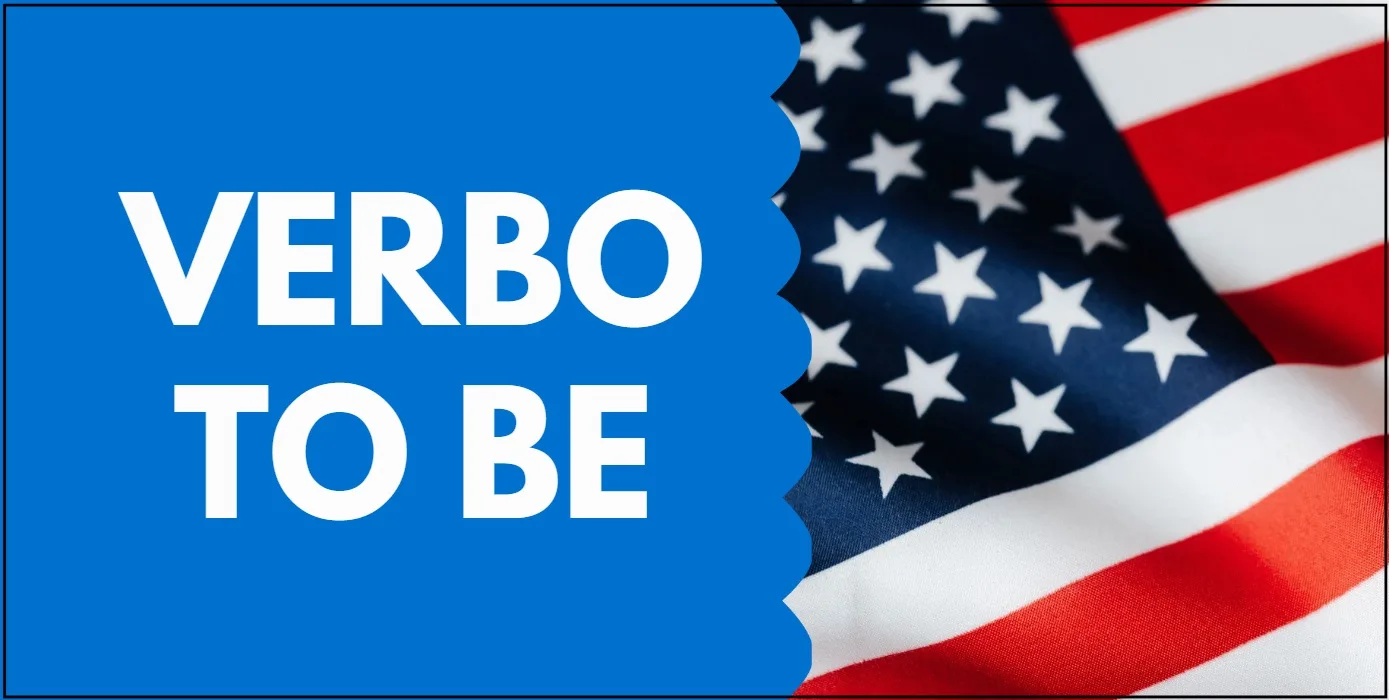
1. Faça a conjugação do verbo to be no simple past e na forma afirmativa.
| WAS | WERE |
| We | |
| It | |
| I | |
| They | |
| He | |
| You | |
| She |
2. Complete as frases com WAS ou WERE.
a) You ________ very kind to help me.
b) It ________ a beautiful day at the beach.
c) They ________ at the park yesterday.
d) We ________ excited about the trip.
e) She ________ happy to see her friends.
f) I ________ tired after the long walk.
g) He ________ a talented musician.
3. Aplique o verbo to be nos exemplos a seguir:
a) Mary ________ at the library this morning.
b) John ________ a great soccer player in high school.
c) My parents ________ very proud of my achievements.
d) Sarah and Tom ________ late for the meeting.
e) Professor Smith ________ my favorite teacher.
f) Emily ________ a talented artist from a young age.
g) David and Lisa ________ traveling in Europe last summer.
4. Nas frases a seguir, é possível observar que está sendo utilizado o verbo TO BE em diferentes contextos. Traduza-as.
a) The library was a quiet place to study.
b) The park was a great place to relax and have a picnic.
c) The garden was full of colorful flowers.
d) The street was very quiet late at night.
e) The school was closed for the holidays.
f) The theater was showing a popular play.
g) The old church was beautiful and historic.
h) The museum was full of interesting artifacts.
5. Utilize nos exemplos a seguir a forma negativa do verbo to be no simple past.
a) The store was open when I arrived.
b) I was at home yesterday evening.
c) He was at the office on Friday.
d) She was happy about the news.
e) We were surprised by the result.
6. Faça a tradução das frases abaixo que se encontram na forma negativa.
a) The food wasn’t bad.
b) You weren’t late.
c) We weren’t tired.
d) They weren’t at school.
e) Sofia wasn’t sick.
7. Organize as palavras / expressões em cada item para formar frases completas.
a) for a / wasn’t / picnic / perfect / the weather
b) this morning / wasn’t / the traffic / too bad
c) weren’t / on the table / the keys
d) weren´t / in the office / watered / the plants
8. Converta as frases a seguir em perguntas.
a) They were at the game.
b) He was your friend.
c) You were at the party
d) Jonh was busy yesterday
9. Faça a tradução das frases a abaixo.
a) Was the movie interesting?
b) Were the shops open yesterday?
c) Was the test difficult?
d) Was the book long?
e) Was the music good?
10. Responda às perguntas a seguir com uma das opções no quadro.
| Yes, I was | No, I wasn’t |
a) Were you tired this morning?
b) Were you at home last night?
c) Were you happy yesterday?
d) Were you worried about anything yesterday?
e) Were you in a good mood yesterday?
f) Were you reading anything interesting yesterday?
g) Were you with friends yesterday evening?
h) Were you listening to music yesterday?
+ Conteúdos de Língua Inglesa
Confira nossa página repleta de conteúdos semelhantes, especialmente desenvolvidos para esse público escolar. Materiais pedagógicos de alta qualidade, cuidadosamente preparados pelos produtores do Tudo Sala de Aula. Clique agora e escolha o tema da aula!
Planejamento para o professor
Objeto do conhecimento: Verbo To Be (Past simple)
Objetivo da Aula: Capacitar os alunos a reconhecer e utilizar corretamente o verbo to be nas formas afirmativa, negativa e interrogativa no past simple.
Por favor, não compartilhe o PDF!
Reiteramos que todo o conteúdo do site Tudo Sala de Aula é original, produzido por equipe própria. Portanto, este material, assim como os demais, não pode ser publicado em sites pessoais ou copiado para a criação de apostilas para venda. Pirataria é crime! Estamos de olho! (Lei 9.610/98)
Gostou? Deixe um comentário!😍

Por Jander Vagner
Licenciado em Língua Inglesa e em Ciências Biológicas. Especialista em tradução e interpretação de textos em Língua Inglesa.
O conteúdo foi revisado e certificado pela equipe de Redação do Tudo Sala de Aula.
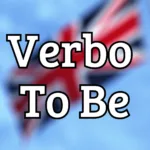

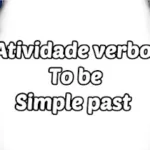
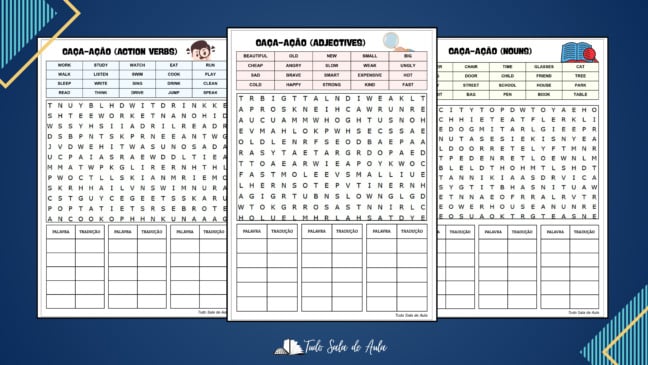
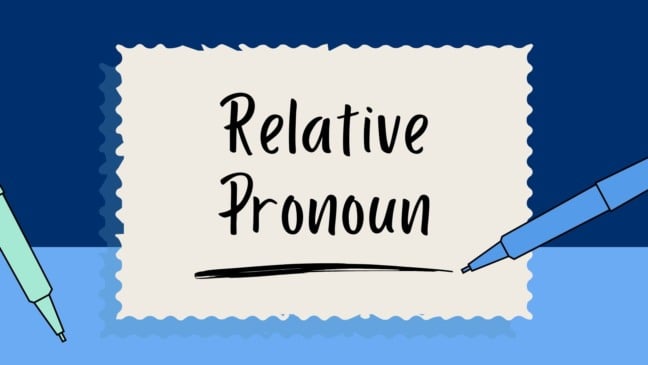

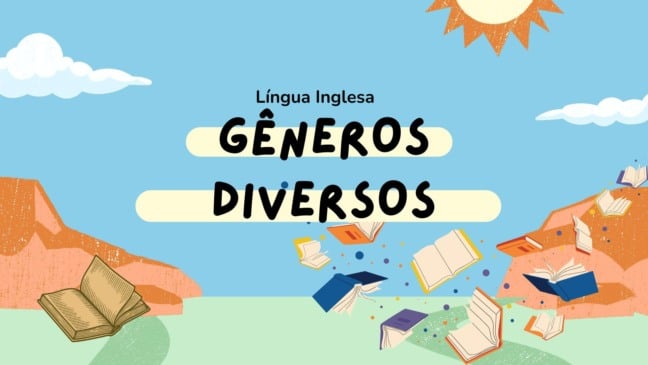
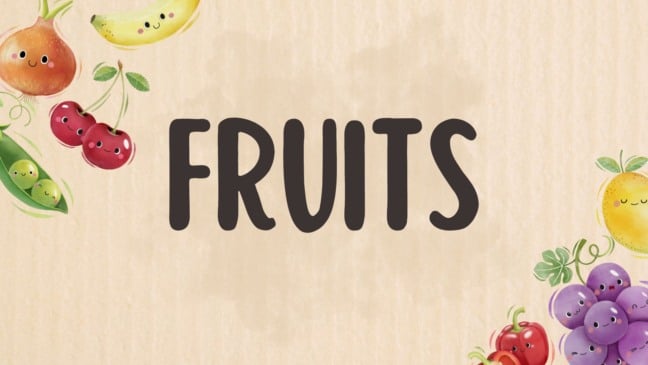
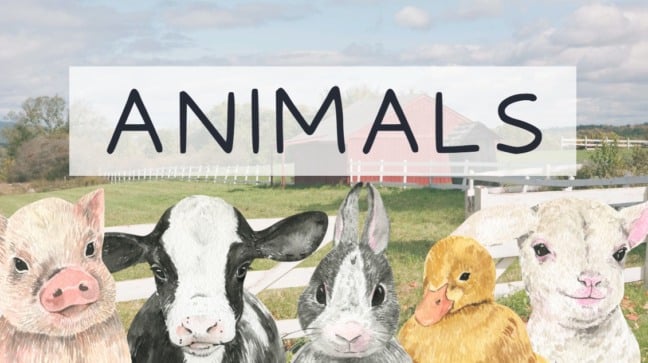
Esse site tem uns conteúdos maravilhosos, pois, supre minhas necessidades.
Muito obrigado por seu comentário! 💙